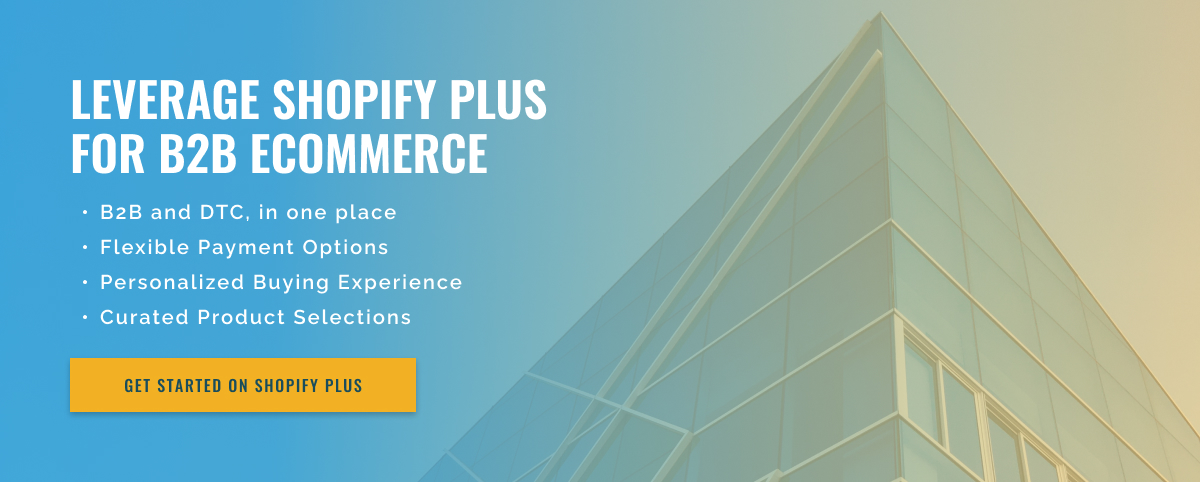3 minute read
Creating Custom Catalogs on Shopify for B2B Businesses
As the eCommerce industry continues to grow, many businesses are choosing Shopify as their preferred platform for selling online. With a user-friendly interface and a range of customizable features, it’s no wonder that Shopify has become a popular choice for both B2C and B2B companies.
However, a particularly valuable feature for B2B companies is the ability to create custom catalogs. Custom catalogs serve as a digital version of a product catalog and allow companies to showcase their products and services in a personalized and organized way. They may contain product descriptions, photos, prices, and other important details that help companies communicate their offerings to potential buyers.
Here are some tips on how B2B companies can create custom catalogs on Shopify and use them to their advantage.
1. Use the Wholesale Channel app: The Shopify Wholesale Channel app is designed specifically for B2B businesses, with features like custom pricing, bulk orders, and, most importantly, the ability to create custom catalogs. This application allows companies to create multiple catalogs for different types of buyers and segment their offers based on customer type, location, or other relevant criteria. This enables a personalized and targeted approach to sales, which is essential in the B2B world.
2. Take advantage of product bundling: Another useful feature for B2B companies in Shopify is the ability to bundle products. For example, if a company sells products that are often used together, it can create a bundle that includes those products at a discounted price. Not only does this encourage bulk orders, but it also makes it easier for shoppers to buy multiple products at once.
3. Integrate user roles and permissions: In a B2B environment, different employees often have different levels of access and permissions. Shopify allows businesses to create user roles and permissions to control who can access and make changes to which catalogs. This feature ensures that only authorized people have access to confidential information, making the directory creation process more secure and efficient.
4. Use apps for advanced customizations: Shopify offers a number of built-in features for custom catalogs, but businesses can also try third-party apps for advanced customization options. These apps allow companies to add interactive elements to their catalogs, such as product videos or 360-degree photos, to make shopping more exciting and informative for potential buyers.
To summarize, custom catalogs on Shopify are an essential tool for B2B companies looking to improve their online presence.

